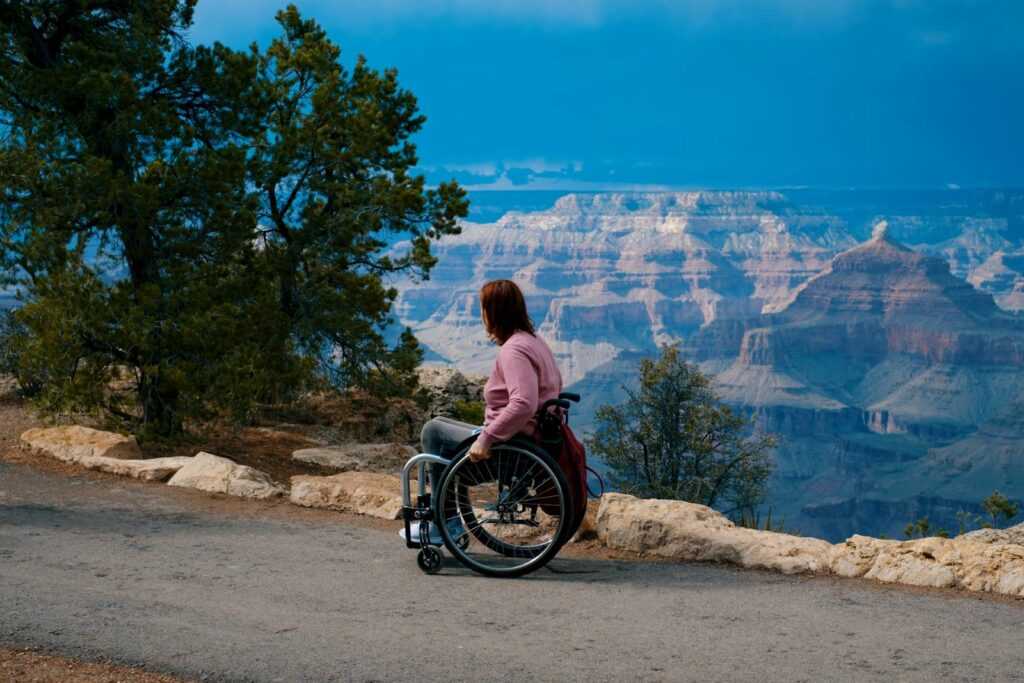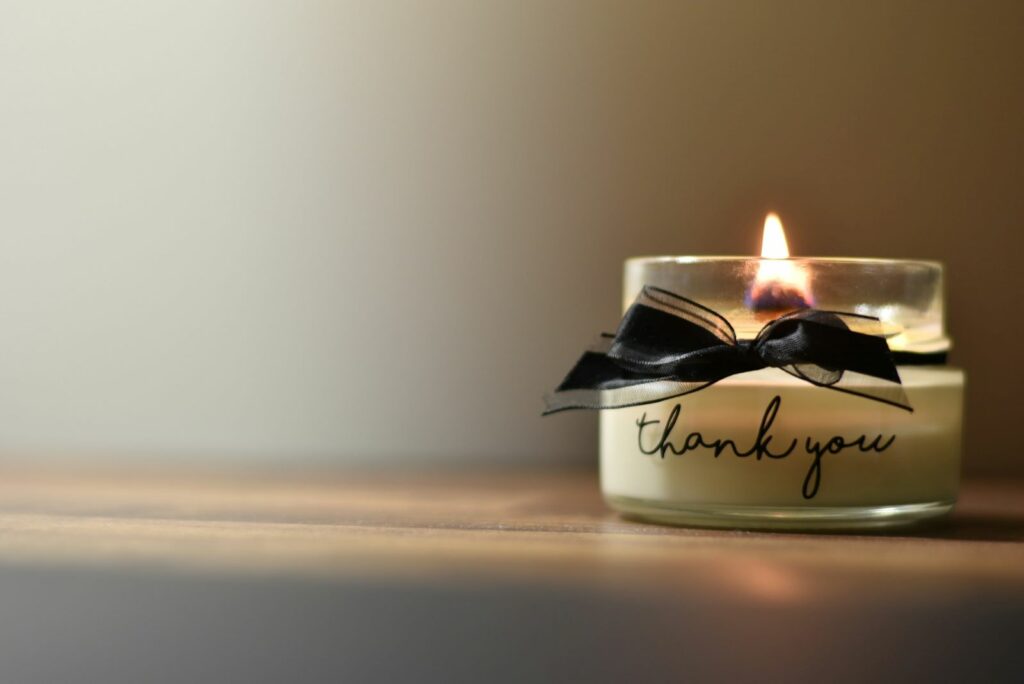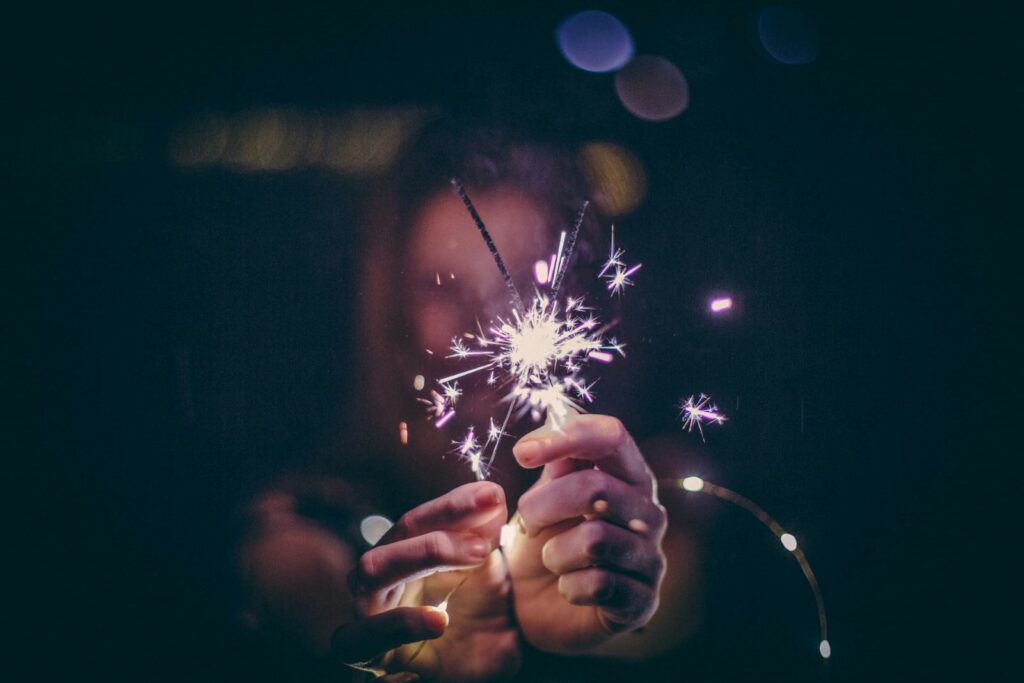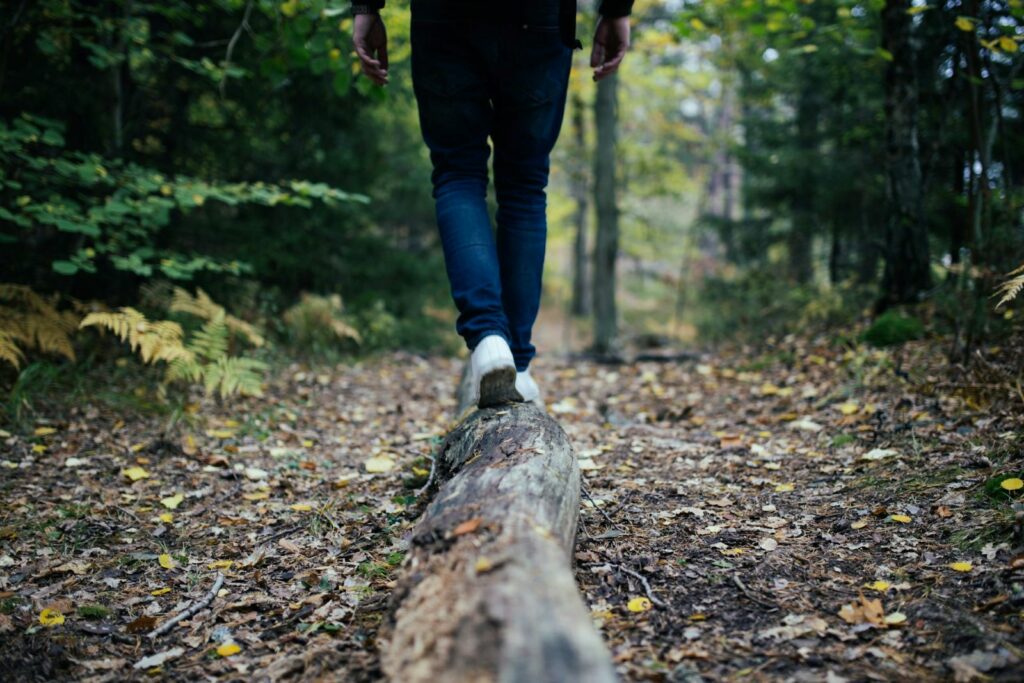The title of this post comes from a fascinating article I read in my university’s alumni magazine. More than 15% of the global population – about 1 billion people – have been diagnosed with a physical, psychiatric, learning, developmental, sensory, or cognitive disability. And that number is likely to increase due to emerging diseases and natural disasters.
We treat disability like it’s abnormal but the reality is anyone who lives long enough will become disabled either because of an accident or age. For this reason, author and bioethicist Ashley Shew uses the term “temporarily able-bodied.” Yeeees. When I first heard that term, my entire body relaxed because it made so much sense and also reframed my experience as someone with idiopathic hypersomnia. Because I have to nap every day and am easily tired by too much activity, I perpetually feel abnormal. Why can’t I do the things other people can do? And how can I regain health privilege as quickly as possible?
Getting the reminder that people who aren’t currently disabled are experiencing something temporary helps me to feel better. It means I’m not abnormal and instead, other people are going to “catch up” to me, so to speak. I’m learning to live with disability sooner than other people but health privilege is temporary for everyone if they live long enough. To be alive means to have a body that will eventually break down. Instead of feeling envious of other people, I’m working to unapologetically love my body as it is, right now. There’s nothing wrong with me even though an ableist society says otherwise.

An excellent example of accessibility — not everyone can hike a rugged trail but paved trails allow those with mobility issues to see these natural wonders. Photo by Romain Virtuel on Unsplash
If you’re unfamiliar with that term, ableism is a system of discrimination and oppression that favors nondisabled lives and ways of being, often under the guise of empowerment. For instance, prosthetic legs enable amputees to walk “normally.” That’s not to say technology can’t make life easier for disabled people – it does – but society encourages disabled people to see themselves as chronically incomplete or lacking. There’s something wrong with them because they’re not able-bodied. This distracts from the real social ill, that “the world is set up to exclude disabled people,” to quote Shew.
The reality is we’re not all meant to be the same. My spiritual teacher says, “Human society is just like a garland which is made of different types of flowers, woven together by one common thread. The overall beauty of the garland is dependent upon the beauty of each flower. Likewise, each strata of society must be equally strengthened if we are to maintain the unity and solidarity of society.”
So first, diversity is the name of the game, and two, each strata of society must be equally strengthened. That means recognizing there is a place for everyone and furthermore, creating a more inclusive society that plans for the fact people are temporarily able-bodied. Instead of making people feel incomplete or ashamed for losing health privilege (or never having it in the first place), we’d be better off recognizing disability is inevitable. What are we doing to make the world easier, better, more inclusive, and more accommodating? Because after all, the future is disabled.
I dream of a world where we understand health is a privilege that eventually everyone loses. A world where instead of trying to hold on to health privilege, we create a society that accommodates disability. A world where we strengthen all segments of society because we recognize disability is a fact of life. A world where we recognize the diversity of human beings is beautiful, just like a garland.
Another world is not only possible, it’s probable.
I celebrated my 17th anniversary of moving to California on Valentine’s Day. I’ve been more emotional than I anticipated. Not so much that I moved here, that I still live here, but that I worked so very hard to create a life that I enjoy and works for me. I left a tearful voice memo for a friend saying for the first time in my life, nothing is actively wrong, personally. Politically on the other hand. . .
I’m happy. Not in a euphoric way that’s dependent on someone or something else but in a real, scientifically backed way. It’s something I made an effort around and that’s what’s choking me up. That’s also what my anniversary represents because it was the first major decision that I made to be happier. I’m still so grateful the 23-year-old me, scared of just about everything, said, “OK, I’ll move,” without having a job, a place to live, or an extensive community. It wasn’t an easy experience moving nine times in seven months, nor watching my bank account approach zero dollars and then hit it, but boy am I grateful I moved.

A little thanks goes a long way. Photo by Daniel Andrade on Unsplash
I’m so appreciative of that young woman who didn’t give up. For continuing to try even when it would have been easy to throw in the towel. I’m grateful to her for her courage, her openness, and her willingness to go outside her comfort zone. So much happened 17 years ago and the echoes still reach me today.
Why am I writing this publicly? After all, it could have been a journal entry, a private love letter to myself, but I’m making it public because especially in tough times I wonder if you’ve expressed gratitude for your past self. Have you said, “Thank you,” to the person in the mirror?
The most enduring, constant relationship you’ll ever have is the one with yourself. You are the only person who is with you from birth to death. Have you said, “I’m so proud of you”? Or given yourself a high five in the mirror?
Mel Robbins (no relation to Tony Robbins), is a motivational speaker and coach. She talks about high-fiving yourself in her book The High Five Habit. During a podcast episode with Marie Forleo she said, “You’re either going to have a really positive reaction where you’re going to laugh and you’re going to smile and it’s going to be funny and corny and all this stuff, or you will burst into tears in a very positive way. This is a very, very common thing that’s happening for people. And the tears are a positive release because you are realizing emotionally how much you’ve longed for this from yourself.”
Sometimes it’s easier to praise other people, to express our gratitude and appreciation for them, but what about you? Aren’t you just as deserving of praise, gratitude, and celebration? I bet there’s something, some version of yourself, some moment, some age that you reflect on with appreciation. What do you want to say to that past self? As for me, I’m saying, “Thank you.”
I dream of a world where we appreciate ourselves for how far we’ve come. A world where we say, “Thank you for doing that,” to the person in the mirror. A world where we remember we can thank and praise ourselves because we also deserve it.
Another world is not only possible, it’s probable.
In July I wrote a post called “The Dawning of a New Age” about the end of an era and the beginning of a new one. I thought Kamala would be elected and that would kickstart a progressive, egalitarian age. Pluto was set to move into Aquarius and the energy of that is, “Screw top-down hierarchy – give me bottom-up! Power to the people, baby!”
When Trump was elected, I was so confused and disappointed because his election represented a consolidation of power and the worst of Pluto in Capricorn. This isn’t the “power to the people” I was expecting! But, well, we are seeing more people becoming engaged. The Washington Post reported on February 7 that congressional phone lines have been jammed to the point of failure. A system that usually handles a few dozen calls per minute is straining to keep up with more than 1,500.
Representative Becca Balint, Democrat of Vermont, said she normally has two aides monitoring the office phones, enough to handle the handful of calls they typically receive each hour. But since Jan. 20, she has reassigned at least six additional staff members to keep up with a nonstop flood of calls. “What we usually get in a month, we got in three days,” said Sophie Pollock, a spokeswoman for Balint.

It’s us! We’re the magic wands! Photo by nine koepfer on Unsplash
For better or worse, Trump is a galvanizing figure on both sides of the political aisle. He is encouraging more people to get involved in one way or another. That’s something. And it relates to a journal entry of mine from a few weeks ago. I want a magic wand to make everything better. Or a Deux Ex Machina situation. Maybe some aliens to set us straight. Higher Power said to me, “I want there to be lasting change. I want you all to do the work to create that beautiful future you dream about.”
Ugh, no! It’s too hard! But when I accept the truth that I do want to do something, that I can’t just be a good person and enjoy my life, then I get overwhelmed. Little ole me? What can I possibly do? I need a nap every day! Sometimes I take two! How am I supposed to make any kind of difference? For that, I return to a quote by Rutger Bregman in the now-defunct publication The Correspondent:
“Our inclination – in talk shows and around dinner tables – is to choose our favorite kind of activism: We give Greta Thunberg a big thumbs up but fume at the road blockades staged by Extinction Rebellion. Or we admire the protesters of Occupy Wall Street but scorn the lobbyists who set out for Davos.
“That’s not how change works. All of these people have roles to play. Both the professor and the anarchist. The networker and the agitator. The provocateur and the peacemaker. The people who write in academic jargon and those who translate it for a wider audience. The people who lobby behind the scenes and those who are dragged away by the riot police.”
In other words, we need everyone – not only certain kinds of activists. Our actions may not make a splash, they may seem small, but they’re not insignificant. Because in order for change to happen, there are many, many roles to play. It’s not the size of the role that counts, it’s that we’re doing anything at all.
I dream of a world where we recognize there are no shortcuts. A world where we understand in order to create something progressive and egalitarian, we have to put in the work to make it happen. A world where we realize no matter the role we play, it still counts and adds up to something. A world where we recognize we are the “magic wands” we’ve been dreaming of.
Another world is not only possible, it’s probable.
Many cultures, especially in the West, treat Earth as a set piece, the stage upon which life happens. There’s nature and then there’s humanity. We’re seen as separate and dominant. But as former NASA scientist James Lovelock stated in the 70s with the Gaia Hypothesis, we are not managers of the planet, we are the planet. We are a piece of the complex, self-regulating system. For instance, plants breathe in the carbon dioxide we emit and we breathe the oxygen they expel. They need us and we need them.
When Lovelock’s hypothesis first came out it was met with derision but not so anymore. The earth system scientist Tim Lenton at the University of Exeter said he and a number of scientists “now think in terms of the coupled evolution of life and the planet, recognizing that the evolution of life has shaped the planet, changes in the planetary environment have shaped life, and together they can be viewed as one process.”
Darwin said organisms compete and adapt to environments. Only the strongest survive and all that. But now, the new perspective is organisms continuously reshape their surroundings with intricate feedback loops of transformation. Climate & Capital Media Founder Peter McKillop writes, “This isn’t environmental romanticism. It’s a scientifically grounded understanding of planetary dynamics that demands a complete reimagining of our economic, technological, and social systems if we are to survive.”

We are nature and nature is us. Photo by Jon Flobrant on Unsplash
So no pressure or anything – just the survival of our species. It seems like a tall order but it all starts with a mindset shift. How often do we think of nature as being “out there”? A place we go to? As if we could ever get away from nature! Not only is the very ground we stand on nature, but we are nature too. Our bones are made of minerals that we obtain from the environment. Most of the elements in the human body, like carbon, oxygen, calcium, and iron, were created in stars. We, ourselves, are stardust.
We are not separate at all. The entire cosmos is like a spider web and if you pull on one thread, it vibrates the rest of them. I have a friend who acknowledges this every morning in his prayers. He says, “I am eternally grateful to be an integrated particle in the infinite universe of your wisdom and will, and to live in your abundance and prosperity receiving your guidance, strength, mercy, and protection.” I can’t help but wonder what would the world be like if we all felt this way? That we are an integrated particle that is only one part of a whole. What would the world be like if we remembered that nature isn’t “out there” or somewhere to get to but rather, we, ourselves, are nature?
This is essentially the point of my meditation practice, to remember not only the connection but the unity with all of creation. I am nature, nature is me. I am other humans, other humans are me. I am the Divine Beloved, the Divine Beloved is me. I am not separate from anything and nothing is separate from me. I frequently get amnesia on this point but that’s also why I meditate every day, not only so I remember the concept but act on it. Because when I do, I treat everyone and everything with more care, love, and respect and that’s something we could all use more of.
I dream of a world where we remember we are an integrated particle in this universe. A world where we understand we aren’t separate from anyone or anything and nothing is separate from us either. A world where instead of thinking of nature as being something “out there” we remember we are nature and act accordingly.
Another world is not only possible, it’s probable.